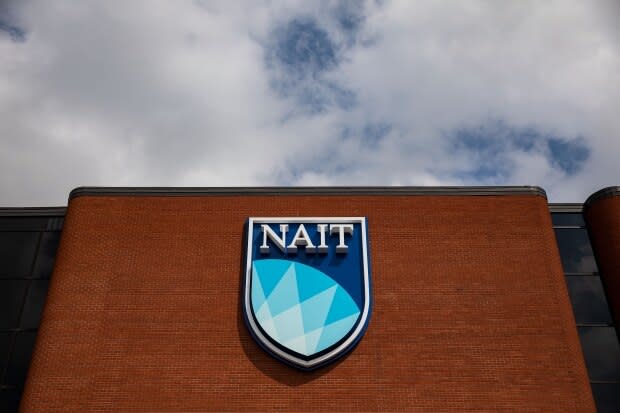More diversity in emergency management needed, Edmonton students say
Students hope a new bursary for Black and Indigenous people studying emergency management will help diversify emergency response teams.
Research suggests people of colour are disproportionately affected by emergencies like natural disasters and pandemics, but emergency response teams rarely reflect the diversity of people being helped.
Chaka Zinyemba, a rapid response manager for the Canadian Red Cross in Edmonton, wants to change that.
YEG Disaster Dash, his virtual 5K run scheduled for October 14, aims to raise money to support Black and Indigenous students in their first year of NAIT's disaster and emergency management program.
The money will go toward $5,000 bursaries, which a student-led collective established at the school this year.
The students' goal is to increase diversity in an emerging field that is dominated by white men.
"Having a wider representation would allow for a better and more effective response and strengthen communities overall," Zinyemba said Tuesday in an interview with CBC Edmonton's Radio Active.
Beyond responding in culturally sensitive ways, Zinyemba said first responders should be working to prevent disasters in vulnerable communities. That's easier to do if workers have lived in the communities they serve, he added.
Jodi Manz-Henezi, chair of the disaster and emergency management program at NAIT, said the program's diversity has been increasing over the last four years.
Half of the diploma program's roughly 250 students are now female and the school is seeing more younger and non-white students with increasingly more diverse work experience enrol.
"Are we there yet? Absolutely not. We still have a ways to go," she said.

Not yet a profession
One of the hurdles the field faces, from a recruitment perspective, is the absence of a national accreditation body.
Emergency management is one of the fastest growing programs at NAIT, and demand for workers in this field is expected to grow as climate change worsens natural disasters like wildfires. But without an accrediting body, established standards and professional status, Manz-Henezi said, it is more difficult to educate people about the industry and recruit high school students.
"Once we get recognition at that level, I think that will help everything that we're trying to do," she said.
More diverse leaders needed
Reyhana Patel, head of communications at the aid and development charity Islamic Relief Canada, said increasing diversity in emergency management programs is always a worthy goal, but it's not the only one.
More mentorship, training and support for mid-career emergency management workers of colour is also needed so that they can advance to the more powerful decision-making positions in their organizations.
"When you get to the top is where it matters," she said.
"That diversity needs to be there."

